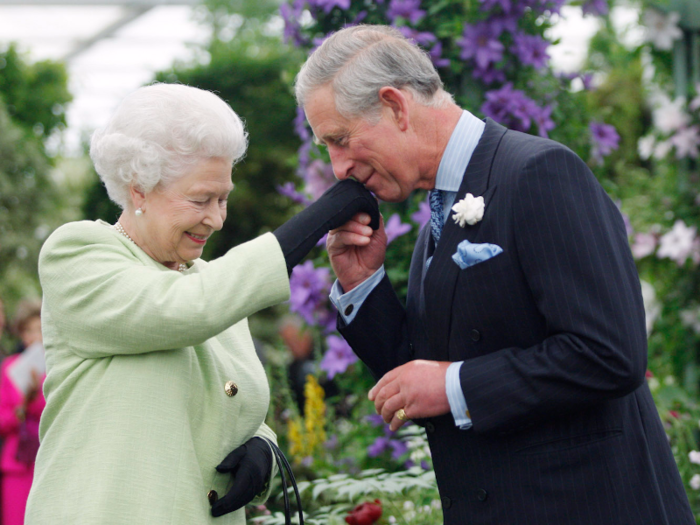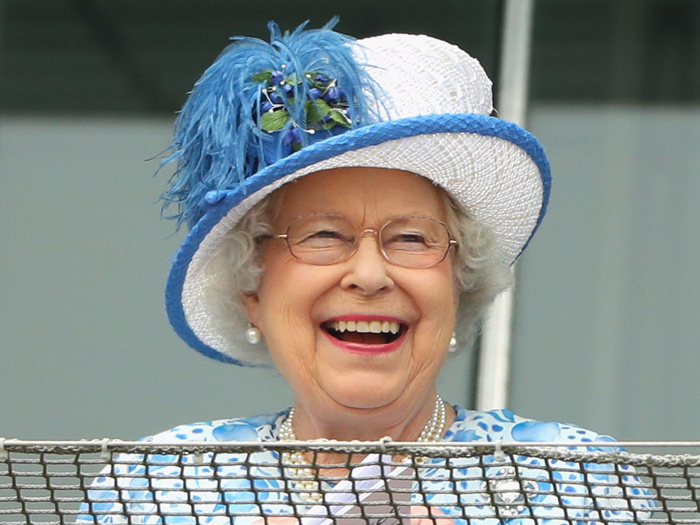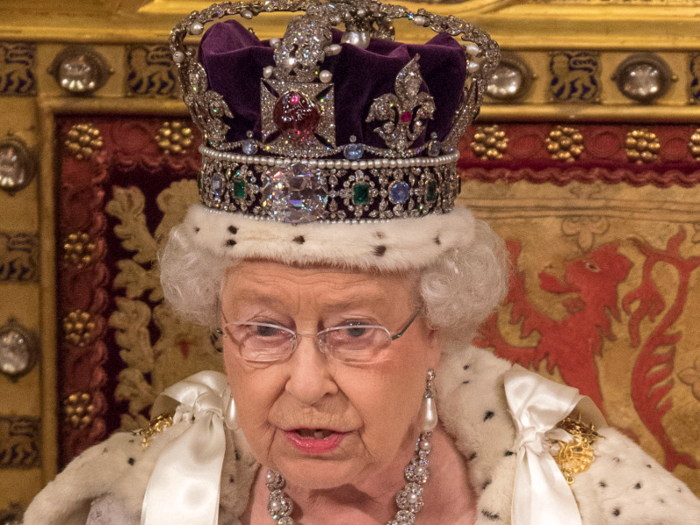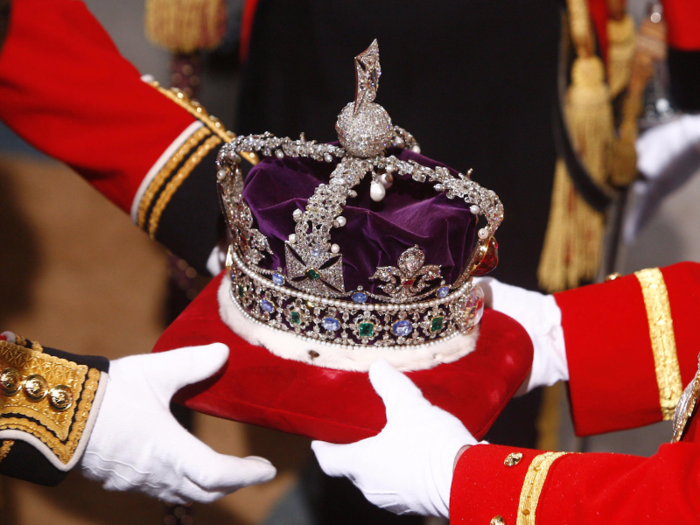Queen Elizabeth has a fortune worth over $500 million - here's where the royal family got their riches
The Crown hasn't always been under such scrutiny in regards to its finances, amassing enormous wealth over the centuries, largely through land acquisitions and conquest

Queen Elizabeth and Prince Charles derive income from two duchies with medieval roots — which were both caught up in the Paradise Papers leak

Queen Elizabeth and her son and heir Prince Charles were caught up in a financial firestorm when their names appeared in the recently leaked Paradise Papers.
The Duchy of Lancaster — a private estate initially established for John of Gaunt, the younger son of King Edward III — has been handed down from monarch to monarch since 1399. Funds from the duchy pour into the Crown's Privy Purse — or private income.
The Washington Post reported $12 million of the queen's private money from this duchy was invested offshore, in Bermuda and the Cayman Islands.
According to the BBC, some of that money also went to, "the company behind BrightHouse, a chain accused of irresponsible lending, and Threshers, which went bust owing £17.5m in UK tax."
Prince Charles of Wales also came under fire, as a result of the news.
The 680-year-old Duchy of Cornwall is inherited by the eldest son of the reigning monarch. Back in 2007, the duchy bought $113,500 of shares in Sustainable Forestry Management Ltd. The Bermuda-based company stood to benefit from a change in climate change policy.
The BBC reported Prince Charles advocated for the change "... and his estate, the Duchy of Cornwall, tripled its investment in Sustainable Forestry in the space of a year."
Spokespeople from both duchies denied wrongdoing and pointed to the fact both royals voluntarily pay taxes on their incomes.
But the revelations still stirred controversy. Labour party leader Jeremy Corbyn told the Telegraph, "Anyone that is putting money into tax havens in order to avoid taxation in Britain, and obviously investigations have to take place, should do two things — not just apologize for it but also recognize what it does to our society."
Queen Elizabeth II also has her own personal income — and paid income tax for the first time after a fire devastated her favorite castle in 1992

Forbes reports Queen Elizabeth has an estimated private wealth of $530 million.
And, according to the law of the land, she doesn't have to pay any taxes on her wealth.
"The sovereign is not legally liable for income, capital-gains or inheritance tax," according to the Economist.
That expectation changed after one of her favorite residences, Windsor Castle, was devastated in a 1992, according to the Daily Mail.
The fire sparked controversy over who would foot the bill for the damages. Ultimately, Queen Elizabeth began paying taxes on her income. According to the BBC, she was the first monarch to pay taxes since the 1930s.
Business Insider reported that the queen also makes "voluntary payments to the UK tax authority HM Revenue and Customs" in lieu of capital gains tax and inheritance tax.
The sovereign grant itself is tax-exempt.
The treasury doles out a lump sum — known as the sovereign grant — to the queen.

The sovereign grant is meant to cover the expenses Queen Elizabeth II racks up in her official duties as monarch, including travel, entertaining, and property maintenance, according to The Mirror.
The sovereign grant comes out to 15% of the annual profit of the Crown Estates. The amount granted to the monarch cannot decrease from the previous year, even if the Crown Estate fares poorly. The National Audit Office has free reign to audit the grant.
The arrangement hasn't always been without snarls. The grant came under review in 2015, essentially because the queen was making too much money, Business Insider reported.
What's more, the Guardian reported the grant jumped from 15% to 25% of Crown Estate profits, in order to pay for Buckingham Palace renovations.
The Crown — not Queen Elizabeth, herself — holds many luxurious residences and priceless objects in trust

The Queen herself doesn't personally own national treasures like the Crown Jewels or the Tower of London.
Such national treasures are part of the royal collection, which the monarch holds in trust for the nation. The collection is made up of thousands of paintings, tapestries, pieces of furniture, photographs, and other objects, spread out between numerous royal residences. Certain palaces, like Buckingham Palace and Windsor Castle, are also held in trust.
She does personally own certain items in the collection, including an immense royal stamp collection her father King George V passed down to her. She also privately owns the $65 million country house, Sandringham House, and the $140 million Scottish estate Balmoral Castle, according to Fortune.
Popular Right Now
Advertisement